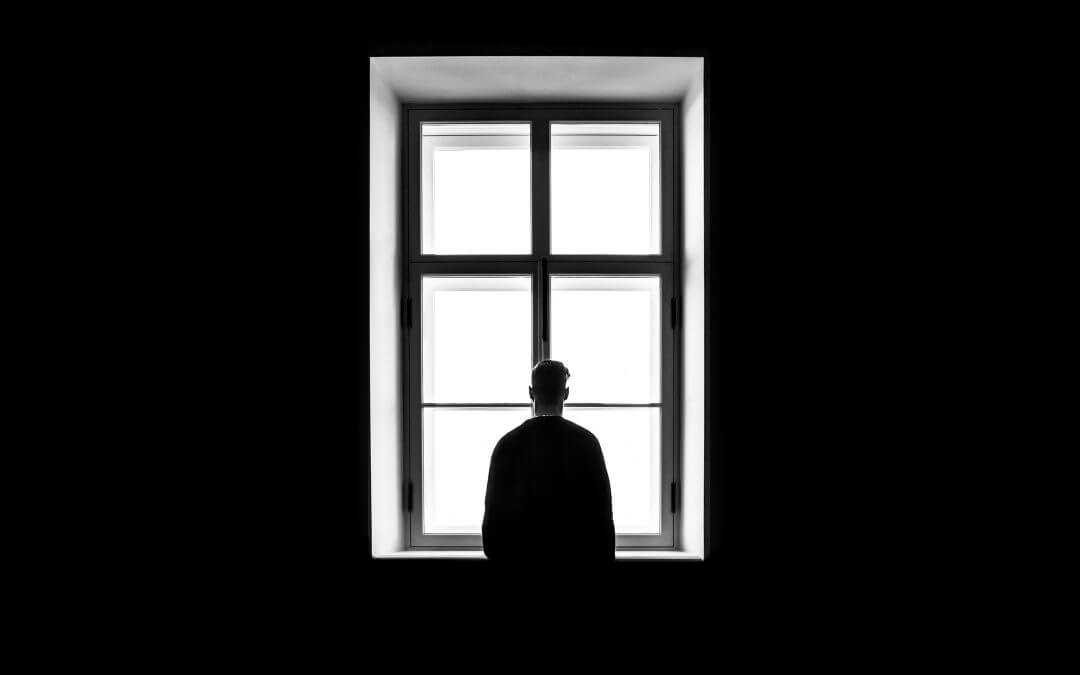I recently spoke with a former enlisted service member (hereinafter referred to as “the Veteran”) who was discharged from his Service 14 years ago. The U.S. Department of Veterans Affairs (VA) psychologist told him he had PTSD. He was intelligent, driven, focused and a star in the armed forces. He graduated #1 in technical school. He shined during his four years in his service. Then he deployed, came home and did not feel right. He told his supervisors he didn’t feel right. They told him he was just “shell-shocked” and that he would be okay. They told him to take a few days off. The Veteran knew something wasn’t right. He did take some days off, but he took more than a few days off. He took some time off and then did not report back to his unit. He just stayed in his home. He was AWOL. He knew something was wrong. He did not know what was wrong with him. He eventually reported back to his unit and was discharged with an under Other than Honorable Discharge also known as an OTH discharge.
After his discharge, he was homeless for a couple of years. He managed to get some jobs and moved nine times since he left the service 14 years ago. Several years ago, a friend told him that he might have PTSD. The friend told the Veteran to seek help at the VA. The problem was that the Veteran could not seek help from the VA at that time because he had an Other than Honorable Discharge.
In 2017, this changed. In July 2017, the VA allowed Veterans to seek medical help even with an Other than Honorable Discharge if the PTSD was service-related. Veterans can apply and receive emergency mental health care at all Veterans Health Administration (VHA) medical centers. According to the VA, “All Veterans Health Administration (VHA) medical centers are prepared to offer emergency stabilization care for former service members who present at the facility with an emergent mental health need. What this means is that former service members with an OTH administrative discharge may receive care for their mental health emergency for an initial period of up to 90 days, which can include inpatient, residential or outpatient care. During this time, VHA and the Veterans Benefits Administration will work together to determine if the mental health condition is a result of a service-related injury, making the service member eligible for ongoing coverage for that condition.”
The VA website states the following:
- A former service member may decide when he/she is in distress and requires emergency mental health care.
- A VA provider will assess the patient to determine whether or not it is a true mental health emergency and requires immediate attention.
- Former service members may enter the system to use this benefit by visiting a VA emergency room or Vet Center or by calling the Veteran Crisis Line
This VA initiative focuses on service members with an under Other than Honorable Discharge who are in mental health distress but could not previously get VA care because of the OTH discharge—even though the OTH discharge was directly related to the Veteran’s mental health condition.
The Veteran did not know that he could apply to upgrade his Other than Honorable Discharge. He found out because his psychologist told him he should apply for an upgrade. Even if the VA determines you have service-related PTSD or other mental health condition with a disability rating, Veterans are not entitled to VA disability benefits (compensation) with an under Other than Honorable Discharge. You must have either an honorable or general under honorable conditions discharge for VA benefits. However, you may still receive medical care at the VA for a service-connected mental health condition such as PTSD with an OTH discharge.
Veterans with an Other than Honorable Discharge can apply to get their discharge upgraded even if it has been more than 15 years since his discharge from the armed forces. The Veteran can apply using a DD Form 293 or DD 149 depending on how long it has been since the discharge. The DD Form 293 is for the Discharge Review Board, and the DD Form 149 is for the Board for Correction of Military Records.
The boards will look review whether your mental health condition significantly affected your ability to serve satisfactorily. The Board will also review your case to determine if your mental health disorder mitigated the misconduct and determine if your mental health condition had a “direct impact” on the misconduct.
The Boards have an interest in doing what is right—for both the Veteran and the Service—because taking care of Veterans who need help because of their service is the right thing to do.
Don’t ever give up. There is always hope.



